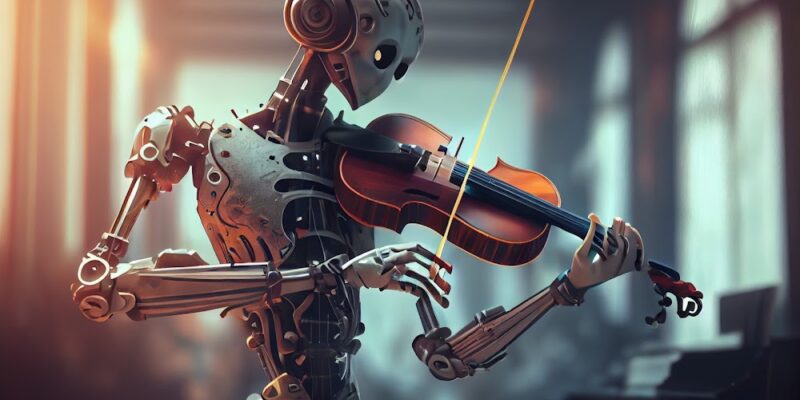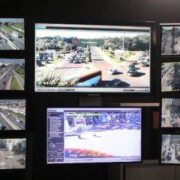There have been a plethora of prognostications, bold predictions and the identification of clear and unassailable trends that will characterise the year ahead. In fact, 2025 is inherently unique, being the square of 45.
The last square year was 1936, the year Nazi Germany hosted the Olympics, and the next square year will be 2116, by which time I imagine there will truly be colonies on Mars, cryogenic communities of the aged, ubiquitous sovereign surveillance and mass automation. Human beings will have little to do other than to live leisurely lives while robots do all the work.
However, of the many predictions — including the Trump effect, the wars in Europe and the Middle East, climate change, electric vehicles and the value of cryptocurrency — no narrative has been as powerful and overwhelming as that of generative AI (Gen AI). We are now living, we are told, at an inflection point in history.
Machines can now understand languages that we did not even program them to understand. They can, at their own behest, birth subagents that themselves can replicate and multiply right before your very eyes, making each of us multiples more efficient. Think of the bad guys in The Matrix, except these agents are not bad, they’re good!
A Financial Times article published on January 1 joined the chorus, highlighting the forthcoming dominance of Gen AI, noting especially its “short history”, a clear reference to the notion that Gen AI began with Sam Altman and OpenAI. But AI in fact has a far longer history. No less than 75 years ago, in 1950, Alan Turing, an English mathematician and logician, first posited the idea of the Turing Test.
His test was quickly to be adopted as the ultimate assessment of whether a machine could reasonably be said to think like a human. The test involves a human interrogator posing a set of probing questions to a computer and a human volunteer, both of which are hidden from view. The interrogator must determine which is human and which is the computer.
In 1950, Turing himself predicted that Turing Machines, the forerunners to computers, would by 2000 be capable of passing the Turing Test 30% of the time with an averagely intelligent interrogator. Bear in mind that Turing’s prescience came eight years before the first integrated circuit was even invented.










Comments